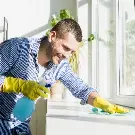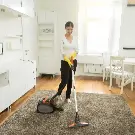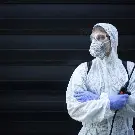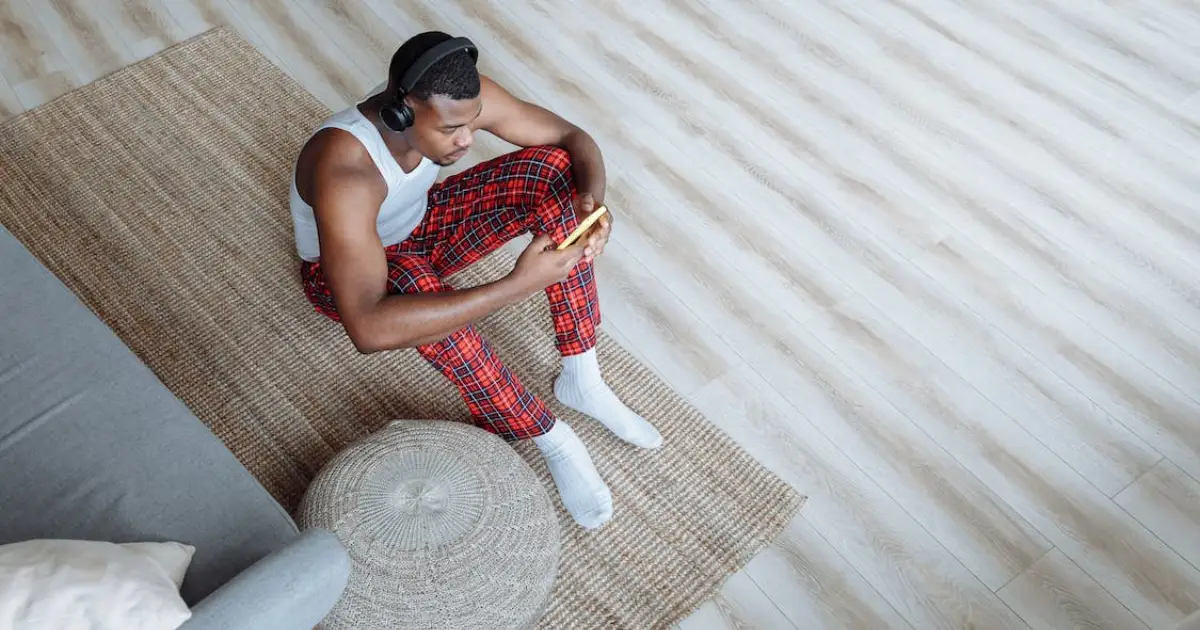
Carpets, with their softness and warmth, have long been a staple in our homes. They provide comfort underfoot and can help to tie a room together visually. But underneath these comfortable floor coverings is a widely held belief that frequently goes unnoticed: carpets may pose health risks. We will delve into this subject in this blog to learn more about how carpets may affect our health.
Understanding the Health Risks Associated with Carpets
1.1 Carpet Health Risks
1.2 Indoor Air Quality
Carpets can significantly impact indoor air quality. They act like sponges, trapping allergens, dust, and pollutants in the air. When people walk on or disturb carpets, these particles can become airborne, leading to poor air quality. This can exacerbate respiratory conditions like asthma and allergies, causing discomfort and health problems.
1.3 Allergens in Carpets
Carpets often harbor common allergens such as pet dander, pollen, and dust mites. These tiny particles can become embedded in the carpet fibers and are difficult to remove with regular vacuuming. For individuals with allergies or sensitivities, exposure to these allergens can lead to sneezing, itching, congestion, and other allergic reactions.
1.4 Carpet Mold: A Hidden Culprit
Mold growth in carpets is a hidden health threat. Carpets can trap moisture from spills, humidity, or leaks, creating the perfect environment for mold to thrive. Mold spores in the air can cause respiratory issues and allergies when inhaled. Mold growth is often not visible on the surface, making it crucial to address potential moisture issues in carpets promptly.
1.5 Respiratory Issues
Carpets can exacerbate respiratory problems, particularly for individuals with asthma or other lung conditions. The accumulation of allergens, dust, and mold in carpets can trigger asthma attacks, coughing, wheezing, and difficulty breathing. Maintaining clean carpets is essential to reducing these respiratory risks.
1.6 Toxins in Carpets
Carpets can contain toxic substances like volatile organic compounds (VOCs) from adhesives and flame retardants. Prolonged exposure to these toxins can lead to various health issues, including eye and throat irritation, headaches, and even more severe conditions in extreme cases. It's crucial to be aware of the materials used in your carpet and choose low-VOC options when possible to minimize these risks.
Can Carpet Cleaning Make You Sick?

2.1 Chemical Cleaning Products
Exacerbation of Health Problems
Some carpet cleaning products contain harsh chemicals, such as ammonia, formaldehyde, and volatile organic compounds (VOCs), which can release fumes into the air. Prolonged exposure to these chemicals can lead to respiratory issues, allergies, and skin irritations. Individuals with asthma or chemical sensitivities may be particularly vulnerable.
2.2 The Importance of Professional Cleaning
Deep Cleaning Expertise
Professionals have the know-how and tools to do a deep and thorough carpet cleaning. They can get rid of hidden dirt and allergens that regular vacuuming might miss.
Healthier Air Quality
By removing dust, allergens, and contaminants, professional cleaning can help improve the indoor air quality in your home. This is especially important for people with allergies or respiratory issues.
Effective Stain Removal
Stubborn stains can be a headache. Pros are skilled at dealing with all sorts of stains, increasing the chances of complete removal without damaging your carpet.
Prolongs carpet life
Regular professional cleaning can extend the life of your carpets. It prevents dirt buildup that can wear down the fibers, so your carpets look and feel good for longer.
Environmentally Friendly Options
Many professional cleaning services offer green cleaning options. These use eco-friendly products that are safer for your health and the planet. It's a win-win!
Proper Equipment
Pros use specialized equipment that's more powerful than your average home vacuum or rented machine. This means a more effective and efficient cleaning process.
Less Hassle
Let's face it, cleaning carpets can be a tough job. Hiring professionals saves you time and energy. You can relax while they do the hard work.
2.3 What to Ask Before Hiring a Cleaning Service
Asking the right questions before hiring a cleaning service can ensure that safe methods and products are used in your home or office.
- What cleaning products do you use? Ask about the specific cleaning products they use. Inquire whether they offer environmentally friendly or non-toxic cleaning options.
- Do you have certification or training? Look for a cleaning service with certified technicians or professionals who are trained in using safe cleaning methods and products.
- How Do You Handle Chemicals? Ask about their procedures for handling and disposing of cleaning chemicals. Proper handling and disposal can reduce the risk of exposure.
- Can you provide references? Request references from previous customers to gauge their satisfaction with the cleaning service and any health-related concerns.
- Do you offer allergen removal? If allergies are a concern, inquire about their ability to remove allergens effectively, which can help improve indoor air quality.
- What precautions do you take? Ask about the precautions they take during and after cleaning to ensure that residues are properly removed and the carpet is safe for occupants, including children and pets.
How to Mitigate Risks
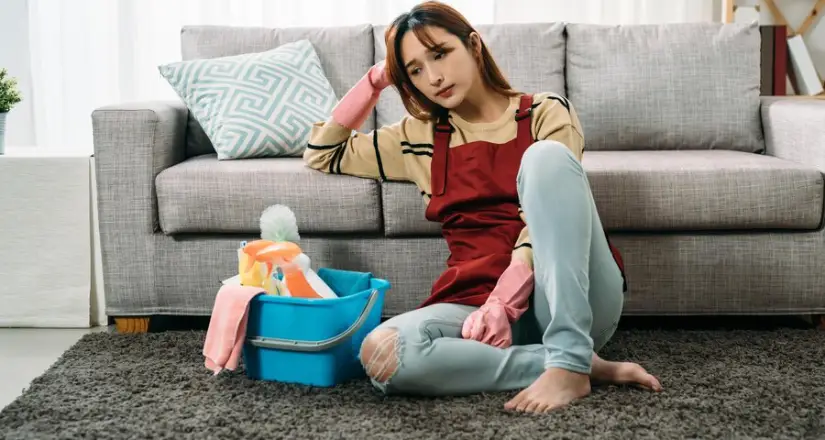
3.1 Routine Carpet Cleaning for Health Benefits
- Frequent Vacuuming: Regular vacuuming is your best friend. It helps remove dirt, dust, and allergens from your carpet's surface, improving indoor air quality.
- Professional Cleaning: Consider professional carpet cleaning at least once a year. Pros have the right tools to deep clean, removing hidden contaminants.
- Invest in a HEPA Vacuum: If you have allergies, a vacuum with a HEPA filter is a game-changer. It traps tiny particles that can trigger allergy symptoms.
3.2 Alternatives to Carpets
- Hardwood Floors: Hardwood floors are not only stylish but also easy to clean. They don't trap as many allergens as carpets.
- Tile or Laminate: Tiles and laminate flooring are also great choices. They are durable and don't harbor allergens.
- Area Rugs: If you love the cozy feel of carpets, opt for area rugs that can be easily removed and cleaned.
3.3 DIY Cleaning Options
- Baking Soda Magic: Sprinkle baking soda on your carpet, let it sit for 15-20 minutes, and then vacuum it up. It helps absorb odors and freshens up your carpet.
- Vinegar Solution: Mix equal parts water and white vinegar. Lightly spray this solution on stains, let it sit for a few minutes, and blot with a clean cloth.
- Homemade Carpet Freshener: Combine a few drops of your favorite essential oil with baking soda. Sprinkle it on your carpet, let it sit, and then vacuum for a natural, pleasant scent.
- Regular Maintenance: Promptly clean up spills and accidents to prevent stains and odors from setting in. Blot, don't rub, to avoid spreading the mess.
Frequently Asked Questions

4.1 How Often Should Carpets Be Cleaned for Health? Reasons?
- Vacuum Weekly: Regular vacuuming helps remove surface dirt and allergens. Aim for at least once a week, or more if you have pets or heavy foot traffic.
- Professional Cleaning: Get your carpets professionally cleaned every 12 to 18 months. This deep cleaning helps remove hidden contaminants and extends the life of your carpets.
- Regular Cleaning Helps: Vacuuming your carpet and getting it professionally cleaned can significantly reduce these allergens.
- Hard Flooring Options: Some folks with asthma or allergies prefer hardwood floors or tiles since they don't trap allergens like carpets do.
4.2 What Types of Toxins Can Be Found in Carpets?
Carpets can trap various toxins and allergens, including:
- Dust mites: These microscopic creatures thrive in carpets and can trigger allergies.
- Pet Dander: If you have pets, their skin flakes (dander) can accumulate on carpets, causing allergies.
- Mold Spores: Moisture can lead to mold growth in carpets, releasing spores that can be harmful.
- Chemicals: Carpets may contain chemicals like lead, pesticides, and volatile organic compounds (VOCs) from cleaning products and manufacturing.
Can old carpets cause breathing problems?
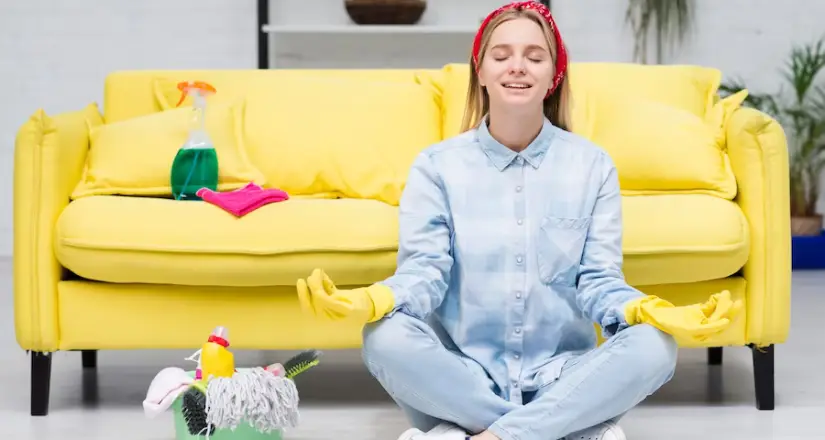
Old carpets can pose health risks. Over time, they accumulate more contaminants, including dust, allergens, and bacteria. This can lead to worsened indoor air quality, potentially causing or exacerbating respiratory issues, especially in sensitive individuals. Regular cleaning and eventually replacing old carpets can help reduce these risks.
Keep in mind that carpets can house toxins, dust mites, and allergens. However, you can take advantage of the coziness of carpets without jeopardizing your health with the proper cleaning regimen and sporadic professional assistance. You will have a clean and healthy home to enjoy if you take good care of your carpets.
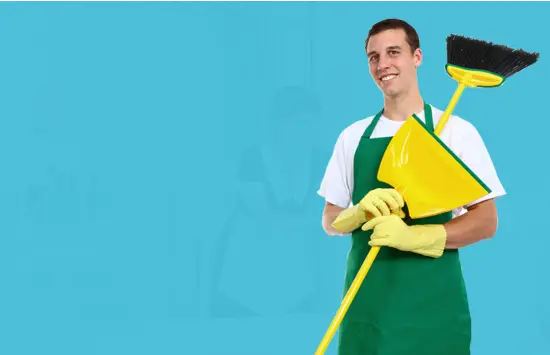
Professional Cleaning Services in Sunshine Coast
book now
Recent Posts
-
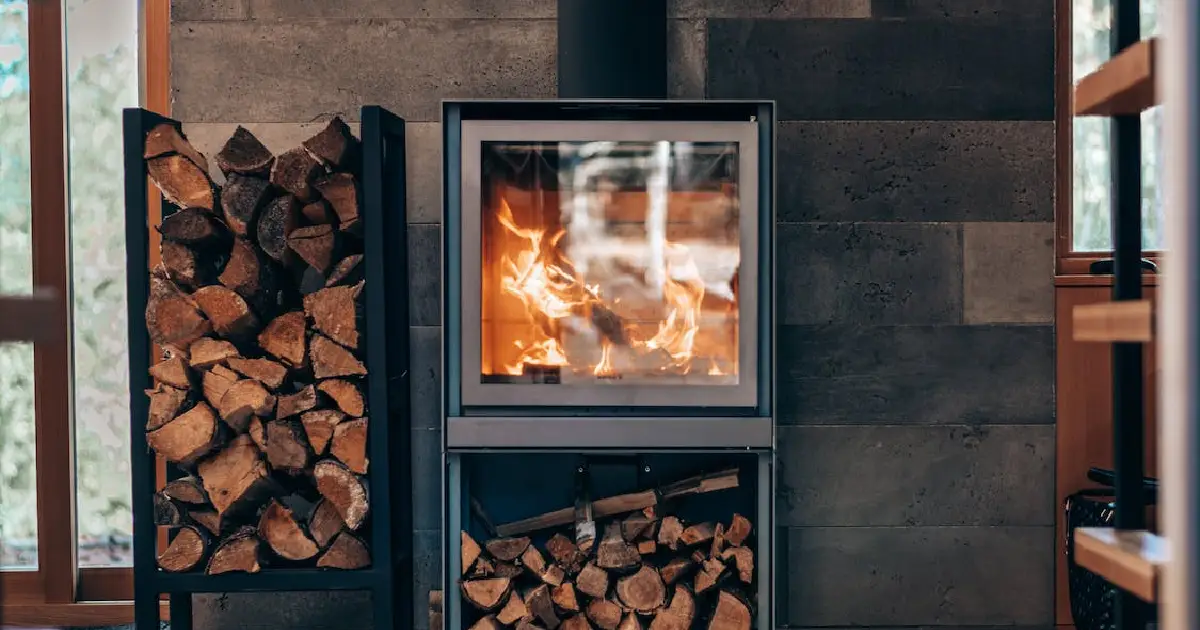
How to Get Smoke Smell Out of Carpet: Your Ultimate Guide to Freshness
October 31, 2023
Admin
-
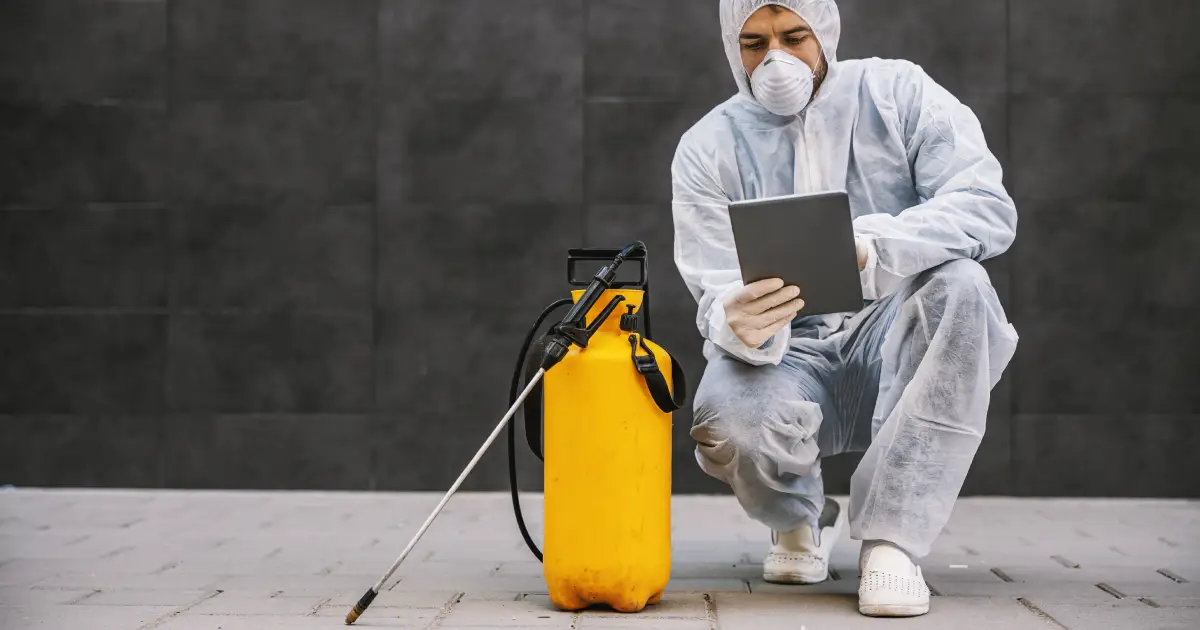
Winter Pest Control Strategies: Balancing Effectiveness and Safety
July 31, 2023
Admin
-
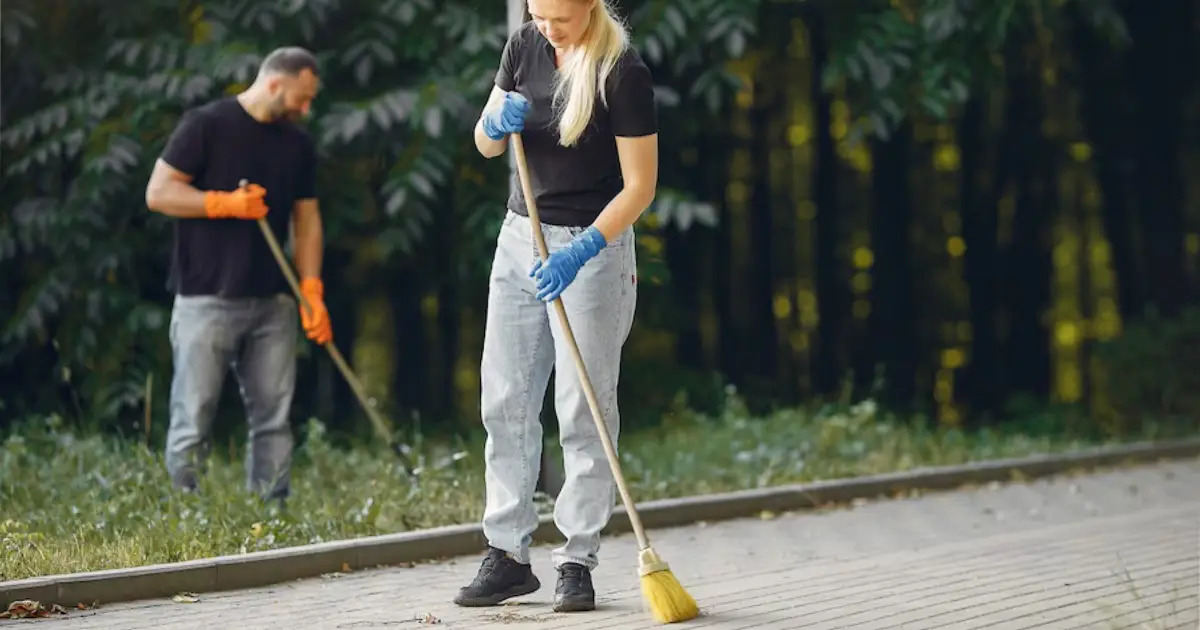
Make Your Backyard Effortlessly Clean, Organized, and Beautiful
July 07, 2023
Admin
-
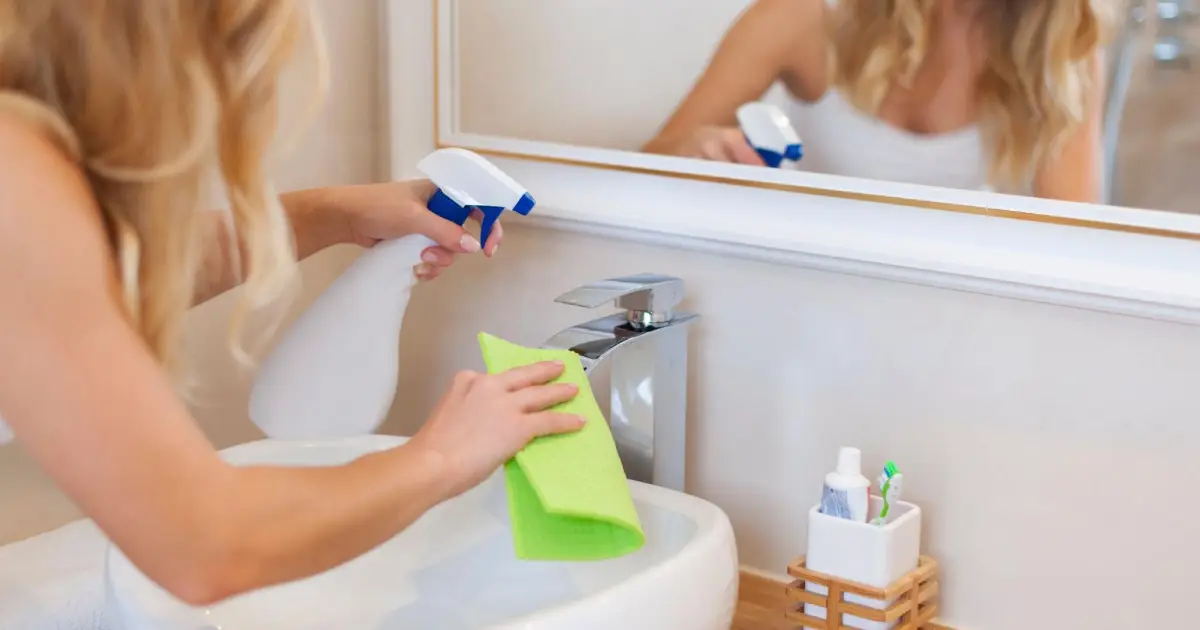
How To Clean Your Bathroom In 15 Minutes Or Less
April 06, 2023
Admin
-

7 Cleaning Solutions for a Chemical-Free Home
February 16, 2023
Admin
-
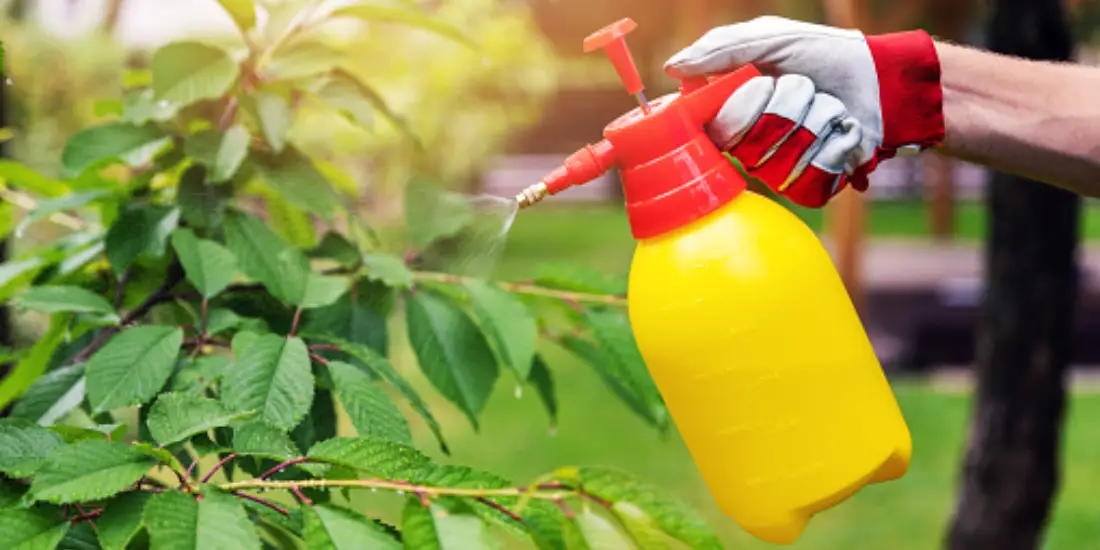
5 Surprising Ways to Keep Bugs Out of Your Garden
February 16, 2023
Admin
-
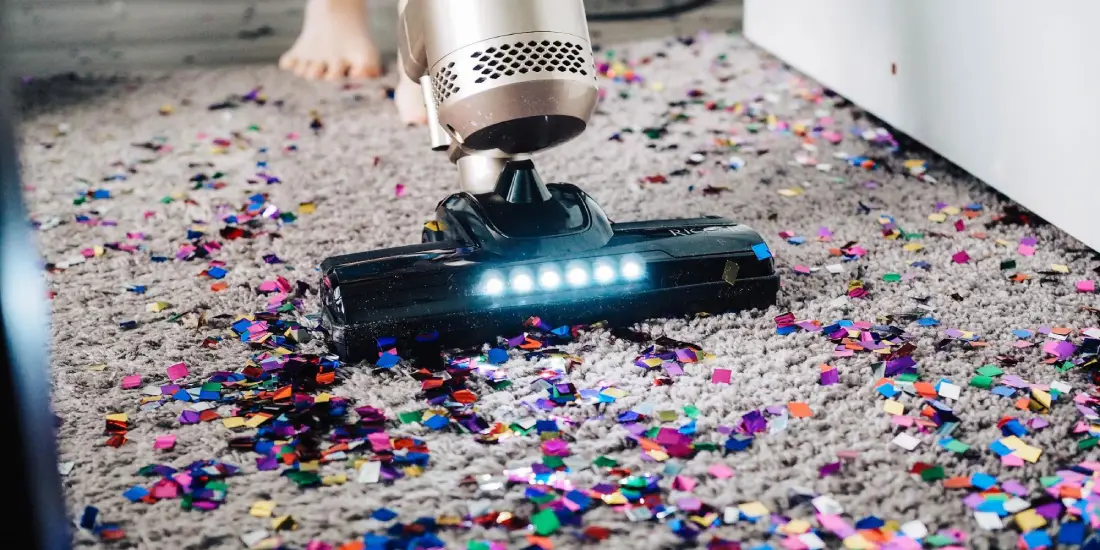
5 Cost-Effective Carpet Cleaning Solutions for a Deep Clean on a Budget
February 07, 2023
Admin
-
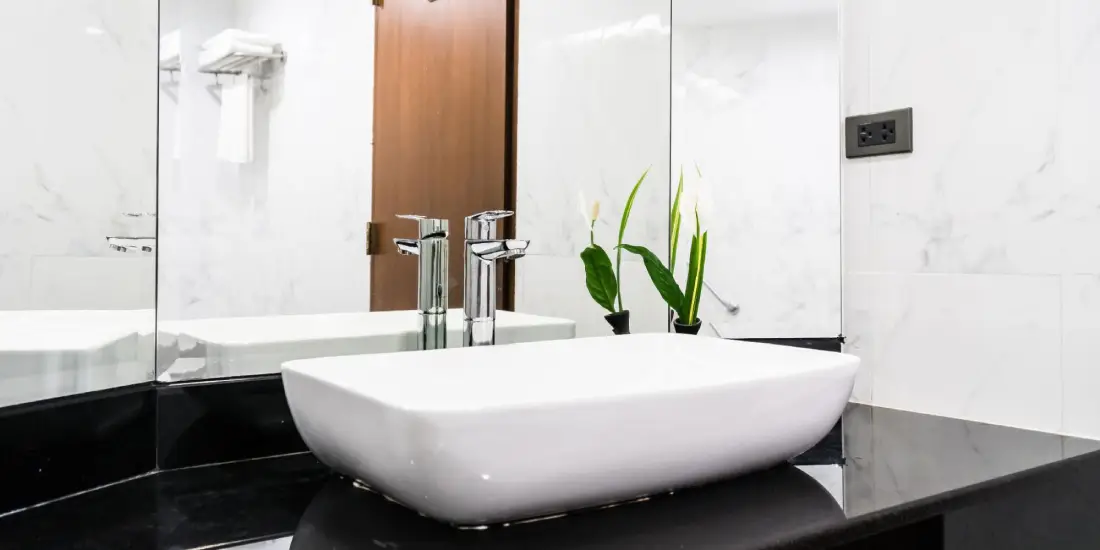
Clean A Washbasin In 5 Easy Steps
January 18, 2023
Admin
-

5 Cleaning Hacks With Borax
January 02, 2023
Admin
-

5 Tips To Buy A Pet Vacuum Cleaner
December 14, 2022
Admin
-
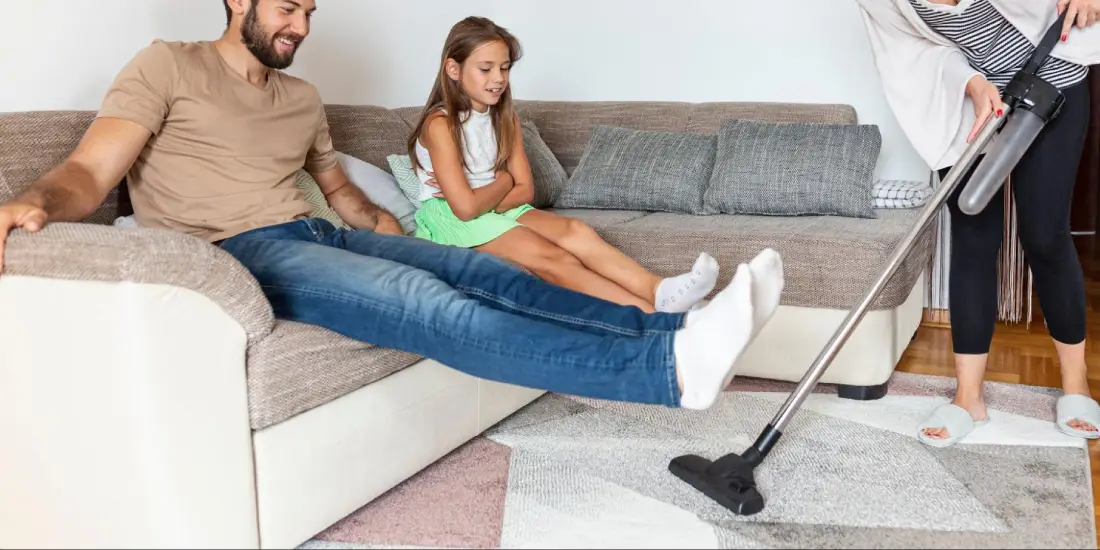
5 Fail-Safe Home Methods To Clean Carpets
December 05, 2022
Admin
-
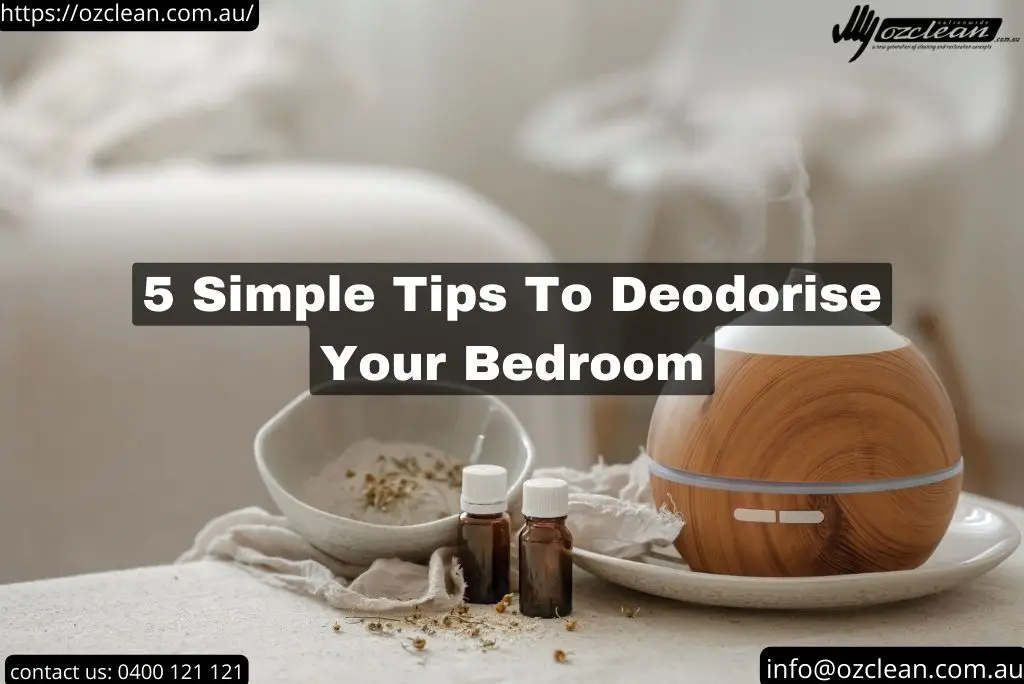
5 Simple Tips To Deodorise Your Bedroom
July 15, 2022
Admin
